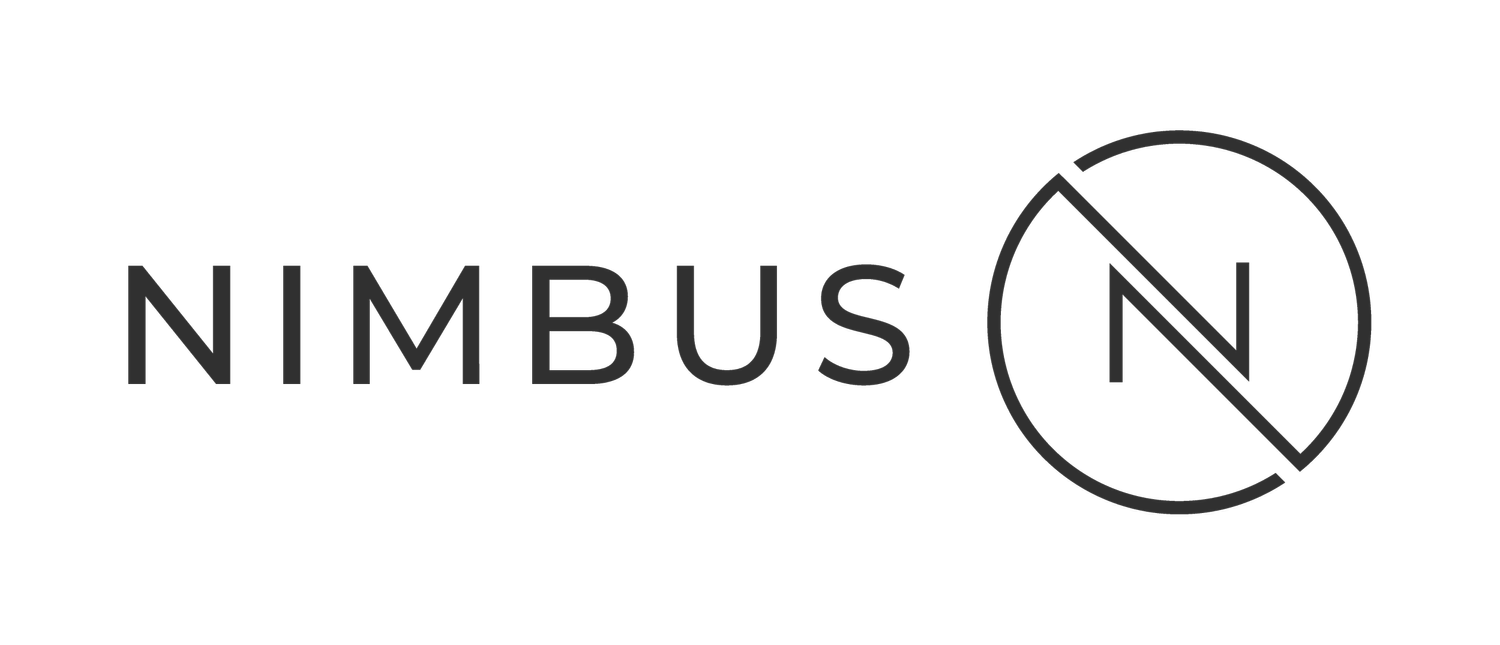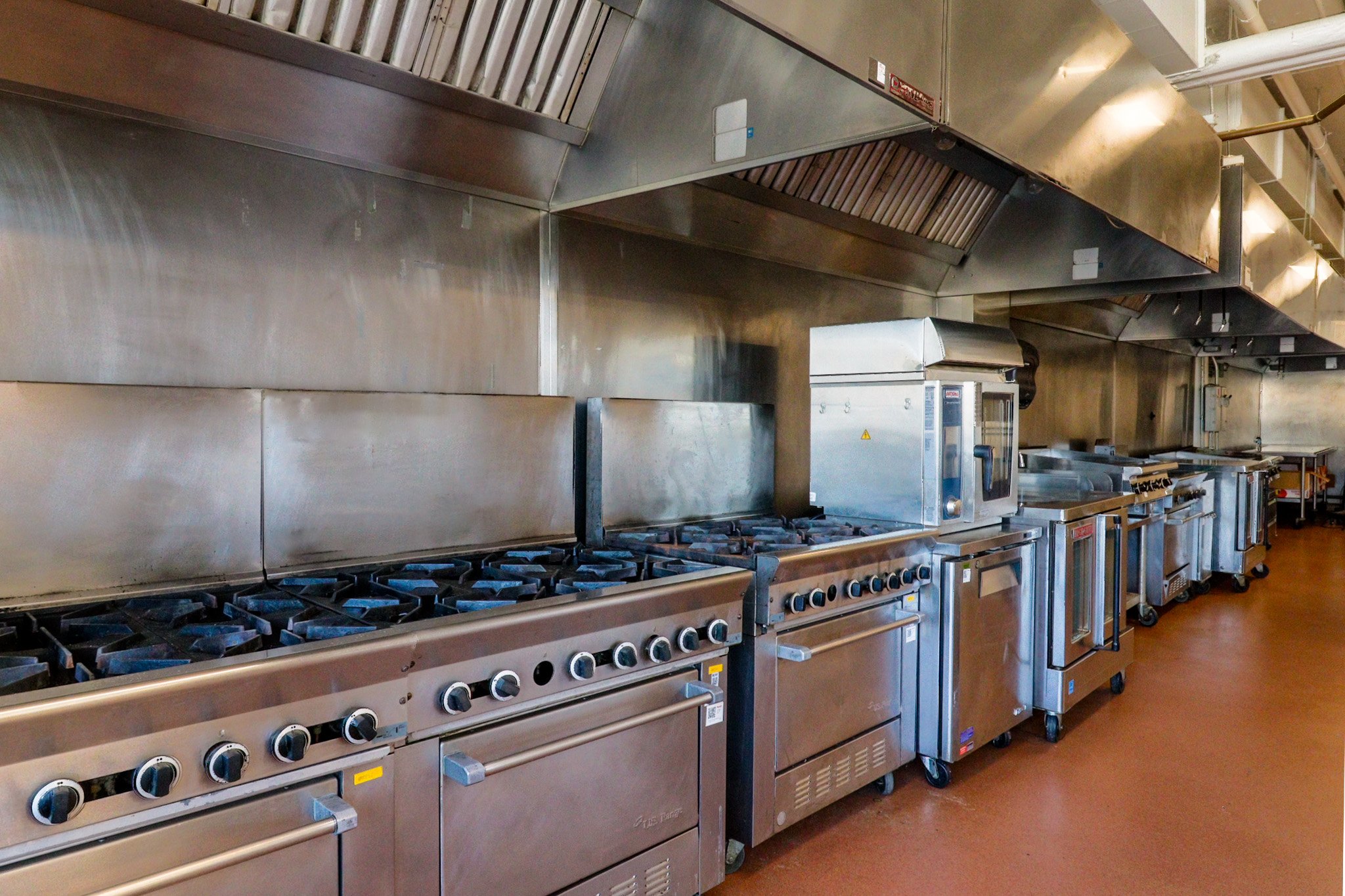Your complete guide to renting a commercial kitchen in 2024
Caterers, delivery brands, multi-unit restaurants, and start-ups all face a similar challenge: finding the right commercial kitchen provider that meets their specific needs.
Renting a commercial kitchen instead of a brick-and-mortar space is becoming more popular among food businesses because it offers financial flexibility and reduces overhead costs. However, with so many options available, it can be tough to figure out which provider and type of kitchen are the best fit. This guide will walk you through the key factors to consider when choosing a commercial kitchen to rent.
Understand your business needs
Before you begin your search, it's essential to have a clear understanding of your business requirements. Consider the purpose of your new commercial kitchen, the type of food you'll produce, your expected production volume, and any specific equipment or storage needs. Knowing these details will help you narrow down your options and find a kitchen that fits your needs.
Types of commercial kitchens to consider
Brick and mortar spaces: Designed for large-scale food production and centralized operations, these kitchens are ideal for established restaurant operations prepared to sign a 5+ year lease.
Ghost kitchens: Also known as dark kitchens, these are dedicated to preparing food for delivery. Located in areas with high demand for delivery services, they are cost-effective since they don't require dining space or storefronts.
Shared kitchens: These provide a space for multiple food businesses to operate simultaneously. They are especially beneficial for start-ups or smaller operations that don't need a kitchen full-time and want to share costs. Shared kitchens often include basic kitchen equipment, reducing capital expenditure for small businesses.
Understanding which type of kitchen best supports your business model is crucial in making the right choice. Nimbus offers long-term kitchen rentals, hourly kitchen rentals, and event space so our members can easily scale their business model as their needs change.
Private kitchen unit at Nimbus River North
Select the best location
Location is a critical factor when choosing a commercial kitchen to rent. Consider the proximity to your ingredient sources, delivery areas, and potential customers. Ensure the kitchen is easily accessible for your staff and suppliers. Remember that a convenient location may come with higher rental costs, so finding a balance between accessibility and budget is important.
Seek necessary equipment
One of the main advantages of renting a commercial kitchen is the inclusion of specialized turn-key equipment. When touring potential kitchens, note the available equipment. If you have specific requirements, discuss them with the sales team before signing a contract. Also, consider the condition and age of the equipment, as this can affect production efficiency and costs.
Shared commercial kitchen equipment at Nimbus River North
Assess storage space
Storage space can be a critical factor depending on your business. Think about how much dry, refrigerated, and frozen storage you’ll need for your ingredients and finished products. Also, consider if you need specialized storage facilities, like temperature-controlled areas, to keep your food safe and high-quality.
Be mindful of health regulations
Make sure the commercial kitchen meets all health code regulations, including proper ventilation, sanitation, and food storage practices. Sometimes, the kitchen may need to meet specific industry standards or obtain certain certifications. Be sure to check these requirements before you rent.
Consider cost
Renting a commercial kitchen can save money, but you need to look closely at the costs involved. In addition to the monthly rent, you may need to pay for utilities, insurance, and extra fees for equipment use or storage. Make sure to look for commercial kitchens that include these extra services. It can save you money in the long run.
Evaluating additional services and features
Look at the extra services and amenities each kitchen provider offers. Services like operational support, communal areas for staff, partnership introductions, and site managers can significantly improve your operation’s efficiency and employee satisfaction.
Conclusion
Finding the right commercial kitchen can be challenging, but it's achievable. Understand your business needs, consider location and equipment, ensure proper storage and safety, and evaluate costs and flexibility. Research and tour various options, and negotiate terms. With the right rental, your food business will thrive. If you think Nimbus is the right kitchen operator for you, click here to get started!




